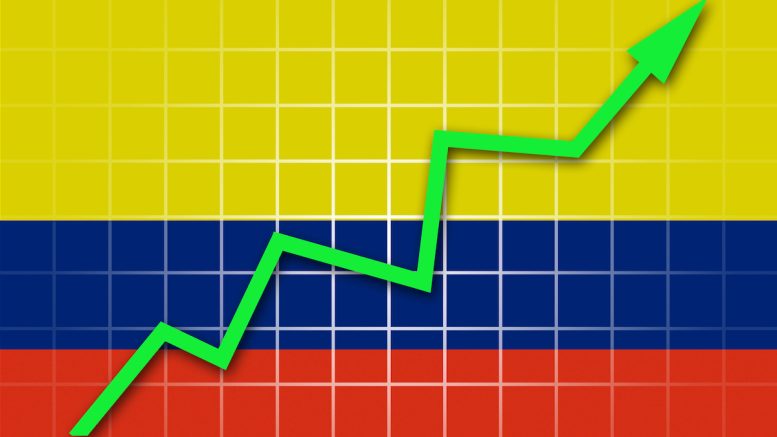Agribusiness Grew 7.1% in Colombia
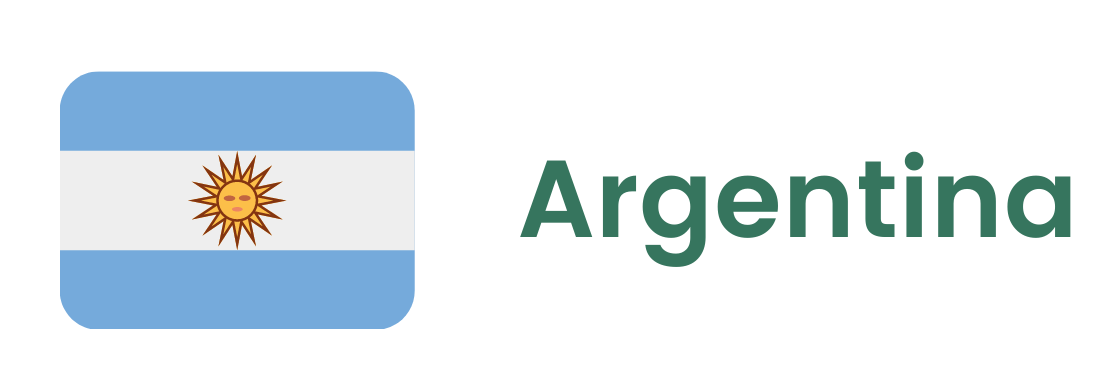
Inflation stood at 2.8% in April, according to the Consumer Price Index released by the country’s National Institute of Statistics and Census. The result represents a slowdown in relation to the 3.7% recorded in March. Meanwhile, the accumulated inflation in the 12 months up to March reached 47.3%, below the rate of 55.9% recorded in the previous month. (Indec)

The Ministry of Agriculture reported the rapid identification of a case of highly pathogenic avian influenza in Montenegro, State of Rio Grande do Sul, and the actions for isolation, control and eradication, demonstrate the robustness of the Brazilian inspection system. “Reaffirming the commitment to transparency and responsibility with the quality and health of products exported by Brazil, export restrictions will faithfully follow the health agreements made with our trading partners”. (MAPA)
Brazil’s soybean exports in May were estimated at 14.52 million tonnes, 1.75% more than last week’s projection, according to data from the National Association of Cereal Exporters. (ANEC)
After almost six years as the marketing director of Case IH, Eduardo Penha has been appointed commercial director of the brand for Latin America. (CNH)
Irregular weather conditions have harmed agriculture in the State of Rio Grande do Sul in April. Rainfall was below the historical average of the last 30 years in most of the State. This weather pattern interfered with the agricultural calendar, aggravated by persistently low minimum temperatures. “Lower temperatures reduce the growth of pastures, which are essential for animal feed at the beginning of winter”, according to researcher Loana Cardoso. (DDPA/Seapi)
The Paraná State Department of Agriculture is receiving proposals to subsidize rural insurance premiums for oat, barley and wheat crops planted during the winter. The funds total US$ 530 thousand. The goal is to mitigate the risk of agricultural activities and reduce agricultural debt. The State subsidizes 20% of the rural insurance price, while the Federal Government subsidizes another 20%, leaving 60% for the farmer to pay. (SEAB)
Embrapa Agroenergia and Advanta Seeds have partnered to develop the first tropical canola hybrids adapted to Brazilian conditions. (Embrapa)
The effects of seven resolutions of the National Monetary Council with impacts seen as negative by the Parliamentary Front for Agriculture on the Agricultural Activity Guarantee Program – Proagro were suspended by the Agriculture Committee of the Brazilian Lower House of Congress. Proagro is an instrument to support the financing of small and medium-sized farmers affected by climate events or pests. According to the rapporteur, congressman Tião Medeiros, the changes compromise the effectiveness of the program and directly harm small farmers. (FPA)
The Ministry of Agriculture and Livestock estimates a loss of US$ 200 million for each month of suspension of chicken exports. (MAPA)

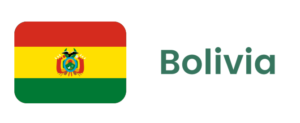
Agreement for exports of bovine leather to China was signed, which demands 1.8 million tonnes of the product per year. For now, Bolivian exports reach only 22 thousand tons per year. “Entering the Chinese market can increase our exports exponentially, given the enormous demand from Chinese industries. “Bolivia has demonstrated technical capacity and rigorous compliance with the requirements of the Asian country,” emphasized the Minister of Foreign Affairs, Celindo Sosa. (Ministry of Foreign Affairs)

Avocado production is expected to reach the highest volume of the past 10 years. The 2024/25 harvest could exceed 235,000 tonnes. Around 45% of production is expected to be destined for the domestic market. (Avocado Committee)

Agribusiness contributed nearly US$ 15.7 billion to Colombian economy in the 1Q25. Agriculture grew 7.1%, outpacing the overall economic growth of 2.7%. The highlight was coffee farming, with a growth of 31.3%. Germán Bahamón, general manager of the National Federation of Coffee Farmers, said “after years of delays due to weather conditions and low prices, the sector has managed to stabilize”. (Fedecafé; DANE)

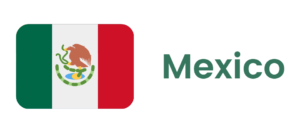
With the aim of scaling its operations to Latin America, Mexican agfintech Blooms, from the fruit and vegetable sector, raised US$ 2.6 million. The company is an agricultural fintech specialized in trade financing for the fresh fruit and vegetable sector. (Blooms)
According to Juan Carlos Anaya Castellanos, director of the Agricultural Markets Consulting Group, the markets of Mexico, the US and Canada are complementary in regard to agricultural products. “They need us, and we need them”, he said when commenting on the recent tariffs imposed by the United States. “The Americans have always tried to impose seasonal tariffs on fresh produce, such as tomatoes and avocados, especially at the time of harvesting, something that Mexico has never accepted, mainly because it goes against the trade agreement between the two countries”. (GCMA)

Paraguay and FAO have signed a new cooperation framework to strengthen agri-food systems. “In 2025, we declared soil and water conservation a priority, coinciding with the signing of this agreement, which reflects our commitment to the environment and, above all, to the protection of natural resources”, said the Ministry of Agriculture, Carlos Giménez. (Ministry of Agriculture)
The kosher slaughter season has started for meat exports to Israel. Seven slaughterhouses will receive technicians responsible for carrying out the slaughter according to specific criteria. The season starts now and continues until October. Prices are approximately 9% higher when compared to the same period of last year. (Paraguayan Meat Chamber)
Soybean harvest exceeds 40% of planted area with variable productivity and lower volumes than last year. According to Hugo Pastore, executive director of the Chamber of Exporters and Traders of Cereals and Oilseeds, “overall, we believe it will be a significant volume that will guarantee the supply of seeds for planting in the next season”. The harvest has suffered from weather problems so far, especially in areas that were planted earlier”, he said. (Capeco)

Cocoa exports are expected to surpass US$ 1.5 billion by the end of 2025, up 15.4% from the previous year, according to the president of the Peruvian Cocoa Farmers Association, Anaximandro Rojas Gil. (APPCacao)
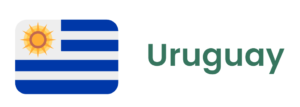
The country has temporarily suspended imports of chicken from Brazil following a case of bird flu on a commercial farm in the country. Imports of live birds, eggs, chicken meat, by-products and genetic material have been suspended. Uruguay currently maintains its status as a country free of bird flu. (Ministry of Agriculture)

READ MORE:

